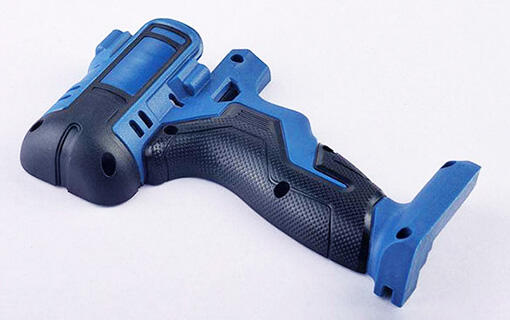Advanced Precision Manufacturing Technology
The precision manufacturing technology employed in plastic moulding represents a significant advancement in production capabilities. Using state-of-the-art injection moulding machines equipped with sophisticated control systems, manufacturers can achieve unprecedented levels of accuracy and consistency. The process utilizes computer-controlled parameters including temperature, pressure, and timing to ensure each part meets exact specifications. Advanced sensor systems monitor every aspect of the production cycle, making real-time adjustments to maintain optimal conditions. This level of control results in parts with exceptional dimensional accuracy, often achieving tolerances as tight as ±0.001 inches. The technology also incorporates advanced cooling systems and pressure monitoring to prevent common defects such as warping or sink marks. This precision manufacturing approach ensures consistent quality across large production runs, reducing waste and improving overall efficiency.

